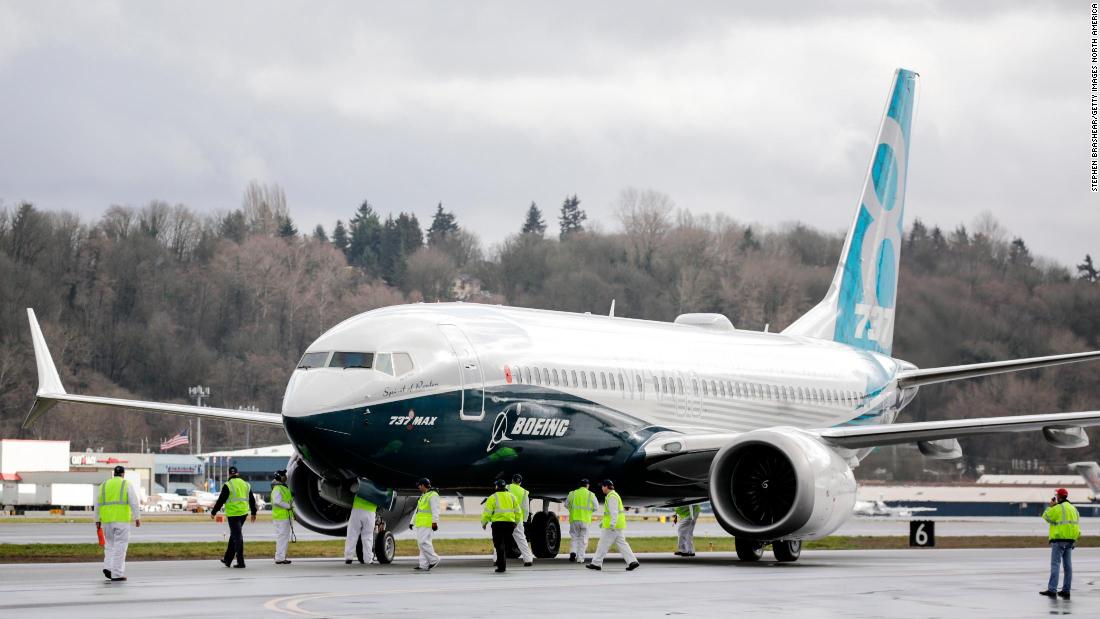
Although the Boeing 737 Max will be re-engineered and thoroughly scrutinized so it can fly again safely, the plane will be forever blemished by its history.
For my fellow pilots, trust has been seriously eroded. Considering that Boeing did not include a detailed description of the MCAS (Maneuvering Characteristics Augmentation System), the flight-control software that has been linked to both crashes, can pilots trust Boeing with any of its other products? They are right to ask, "What else is Boeing not telling me?" Airline pilots are a skeptical bunch, an attribute that often defines our decision-making. It's a good thing, especially in an emergency.
If I were a 737 Max pilot, I would demand concrete proof that whatever caused the two accidents -- which are still under investigation -- has been fixed. What kind of proof? First, a clear explanation of the MCAS system and how any fault could be remedied or prevented. Second, documentation via an actual test flight or an appropriately equipped simulator that provides a clear checklist for use by pilots in an emergency with absolute certainty of a safe conclusion.
And if there are additional -- or altogether different -- factors that contributed to a probable cause of the crashes, then they should be addressed as well.
Some of my colleagues would even argue further that pilots should be allowed to train in a Max simulator. Training on an iPad is not satisfactory to some. That said, it is not unusual for pilots to consult only training manuals when learning to fly a plane that is a derivative of a model they already know, with similar flight characteristics. (The Max is just a stretched version of the original 1960's 737.)
Additionally, the FAA doesn't require a separate pilot's type rating to be listed on their licenses for the Max, so many airlines haven't been motivated to upgrade to new simulators.
There's also a philosophical reason that airline pilots may have lost their trust in Boeing. An old airline pilot axiom, "If it's not a Boeing, I'm not going," was a clear endorsement of the product's quality. But with MCAS, Boeing departed from its historical precedent by designing an automated system that took control away from its pilots. Personally, after 34 years of flying only Boeing airplanes, I am disappointed by this revelation.
I am also disappointed in another departure for Boeing, away from redundancy. Airplanes are carefully designed with layers of safety features so that one failure alone won't cause a crash. For example, a Boeing 777, among other airliners, has a ram-air turbine, a propeller-looking device that deploys automatically if the plane's hydraulic systems fail completely. It supplies both hydraulic pressure and electricity in the event of a dual engine failure.
But what about reporting in the New York Times and elsewhere that indicates safety items can be an option when ordering a new airliner? Let's not overreact. Boeing, or other commercial airplane manufacturers, are not going to offer, let's say, the right wing as an option. These options can be characterized as more "safety enhancements" than absolute safety features.
In an automobile, for example, some manufacturers offer blind spot detection as an option. If a driver feels as though they have survived years without such a feature, they may opt to add the upgraded trim package instead.
Understand that comparing an automobile to an airplane is not quite apples to apples, but you understand the principle. I agree that perhaps it's time to review which safety enhancements should be part of the standard airliner package while allowing a Corian lavatory sink to still be an option.
Can pilots regain their trust in Boeing, and more specifically the 737 Max? Someday, maybe. But for now, my colleagues will not climb into the cockpit until they absolutely feel that their airplane is safe for its most valued customer, their passengers. And that goes for any airliner every day of the year.
Bagikan Berita Ini















0 Response to "Pilot: Boeing has lost my trust"
Post a Comment